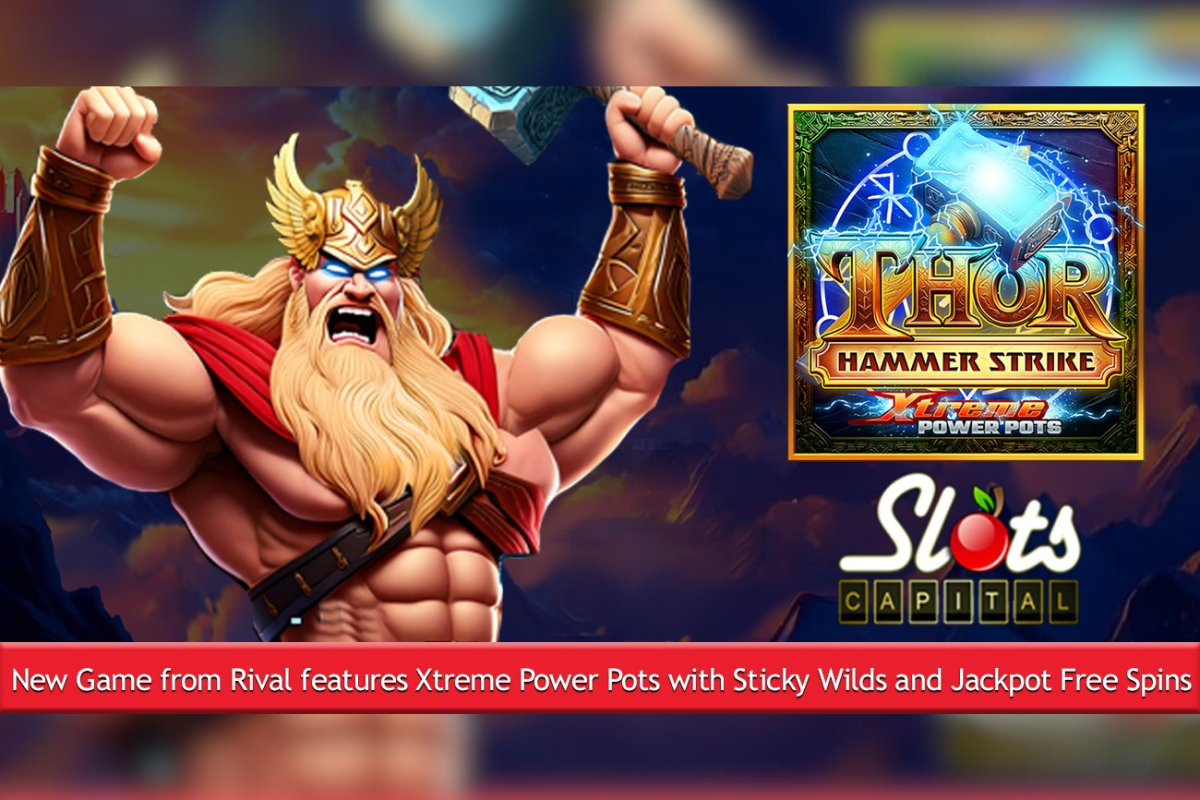eSports
Violent video games not welcome for Olympic esports consideration
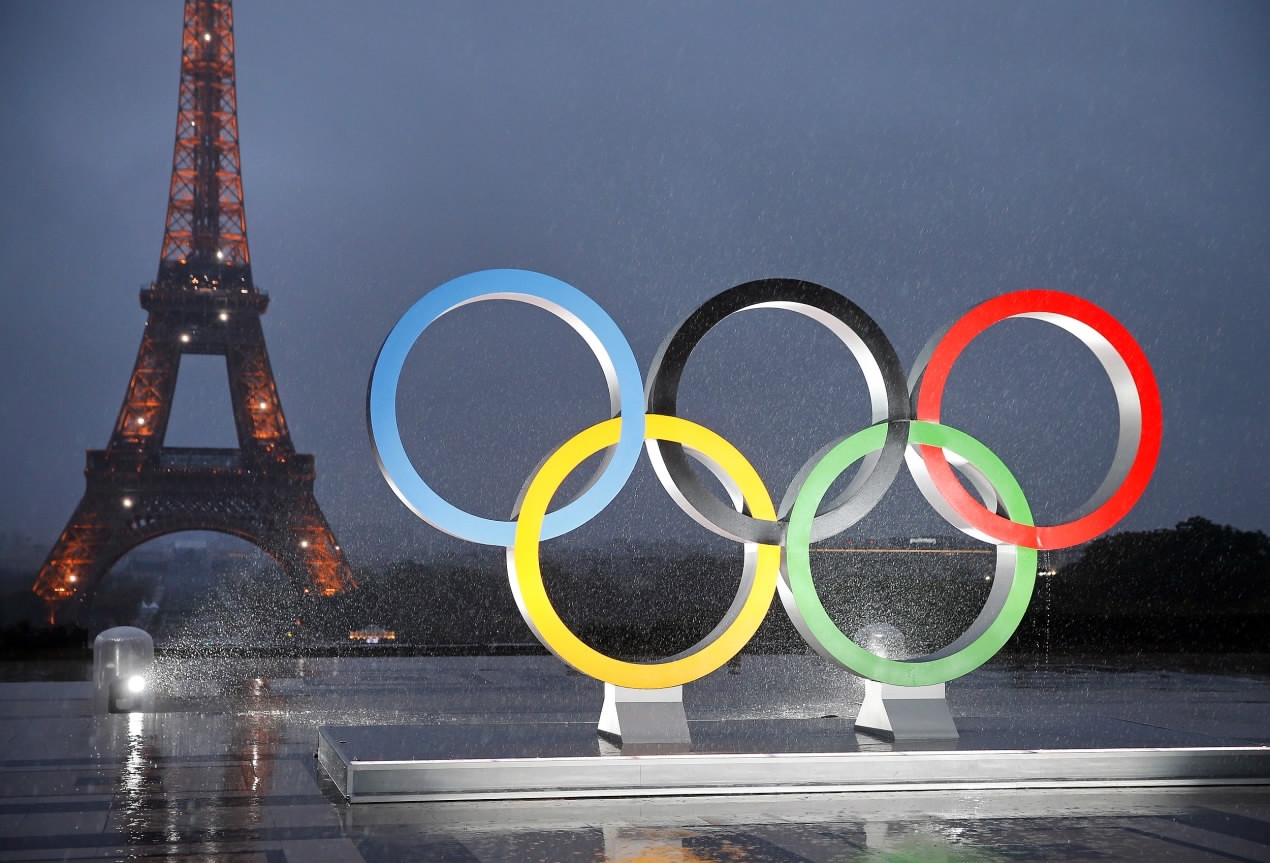
Those pushing for the $1.5 billion esports industry to be considered on equal footing with traditional sports got a big boost back in October when the International Olympic Committee (IOC) said that “competitive ‘esports’ could be considered as a sporting activity” for Olympic competition. It’s becoming increasingly clear, though, that the IOC won’t even consider any esports that involve violence, a decision that eliminates many of the space’s most popular games.
AliSports, a division of Chinese e-commerce giant AliBaba, found this out directly when trying to negotiate a bid to sponsor an esports competition at an upcoming Olympic Games. “In our communication with the Olympics committee, we’ve come to have a better understanding of their values, which is to promote peace,” AliSports CEO Zhang Dazhong told Bloomberg in a recent interview. “That’s why for the future development of eSports, we will focus more on titles that are actually related to sports, instead of games that focus on violence and slaughter.“
This isn’t the first sign that violent content could stand in the way of esports becoming Olympic sports. IOC President Thomas Bach told the South China Morning Post last August that “we want to promote nondiscrimination, nonviolence, and peace among people. This doesn’t match with video games, which are about violence, explosions, and killing. And there we have to draw a clear line.“
It’s a “clear line” that would seem to bar most of the most popular esports from Olympic consideration. League of Legends, Dota 2, Call of Duty, Counter-Strike, Overwatch, and arguably Starcraft would all be barred from Olympic consideration despite millions of fans and well-organized competitive scenes. A strict Olympic prohibition against in-game violence could even bar card games like Hearthstone (which includes cartoony simulated attacks) and Rocket League (in which cars blow up other cars in collisions).
Statements from Bach, Zhang, and others suggest the IOC is instead leaning towards video games that directly simulate real-world sports, such as EA’s FIFA and 2K Sports’ NBA2K series. Even these relatively staid esports would require a recognized, international third-party governing body, separate from the self-interested game publishers, that the IOC could trust to enforce rules against doping, gambling, match fixing, and so on.
If that hurdle is overcome, we could theoretically see competitors going for an Olympic gold medal in video games as soon as the 2024 Paris games. That would follow an eGames demonstration at the 2016 Rio games and Olympic-adjacent, Intel-sponsored esports demonstrations at this year’s games, highlighting the growing esports interest within the Olympics.
If and when esports get full Olympic acceptance, though, many in the target audience might not care. An October Nielsen survey found that only 28 percent of esports fans across four countries felt they should be included in the Olympic games. That number is likely to slip even lower if the most popular, violent esports are excluded.
Source: arstechnica.com
-

 Asia4 days ago
Asia4 days agoDigital gaming disruption tackled in 1st AsPac Regulators’ Forum
-

 Asia7 days ago
Asia7 days agoPAGCOR chief pushes for stricter regulation, not online gaming ban
-
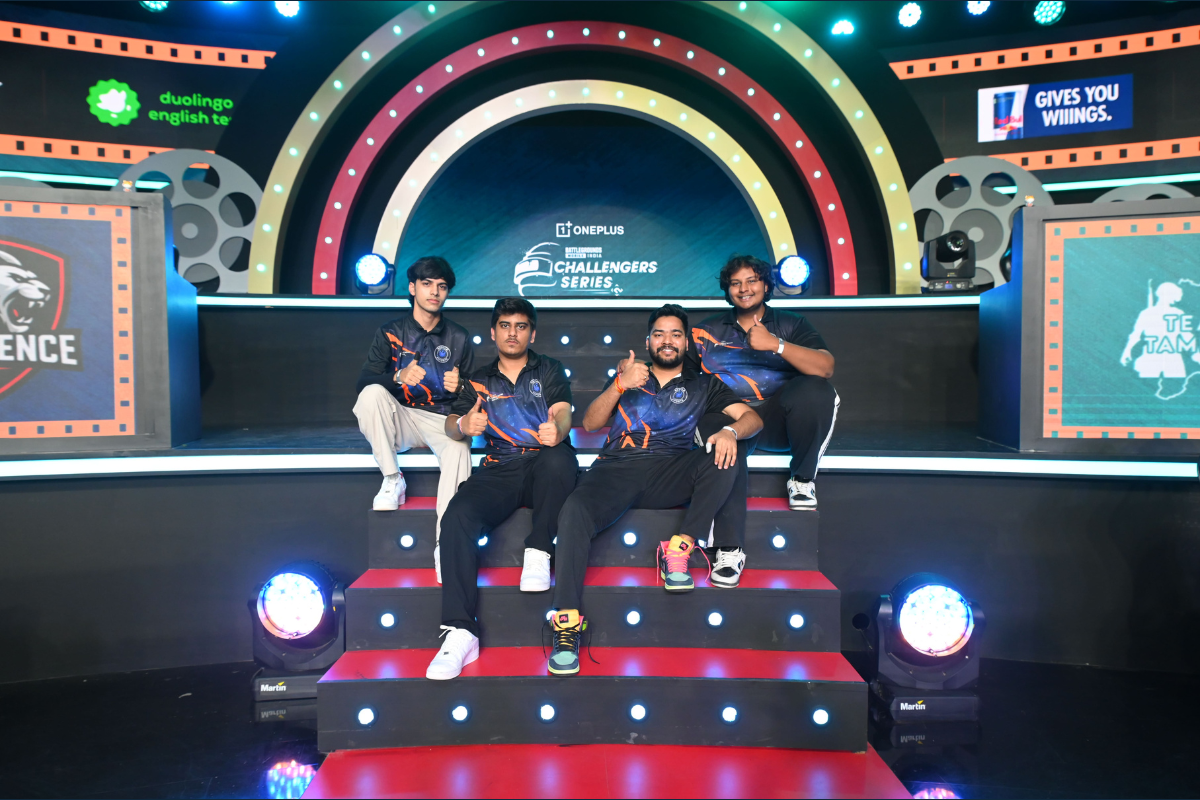
 Asia6 days ago
Asia6 days agoBGCS and BGMS league stages conclude; rising stars set to meet pros in the playoffs
-

 Latest News7 days ago
Latest News7 days agoHigh Roller Technologies and Flows partner to launch player engagement experiences, with technical integration complete in record time
-
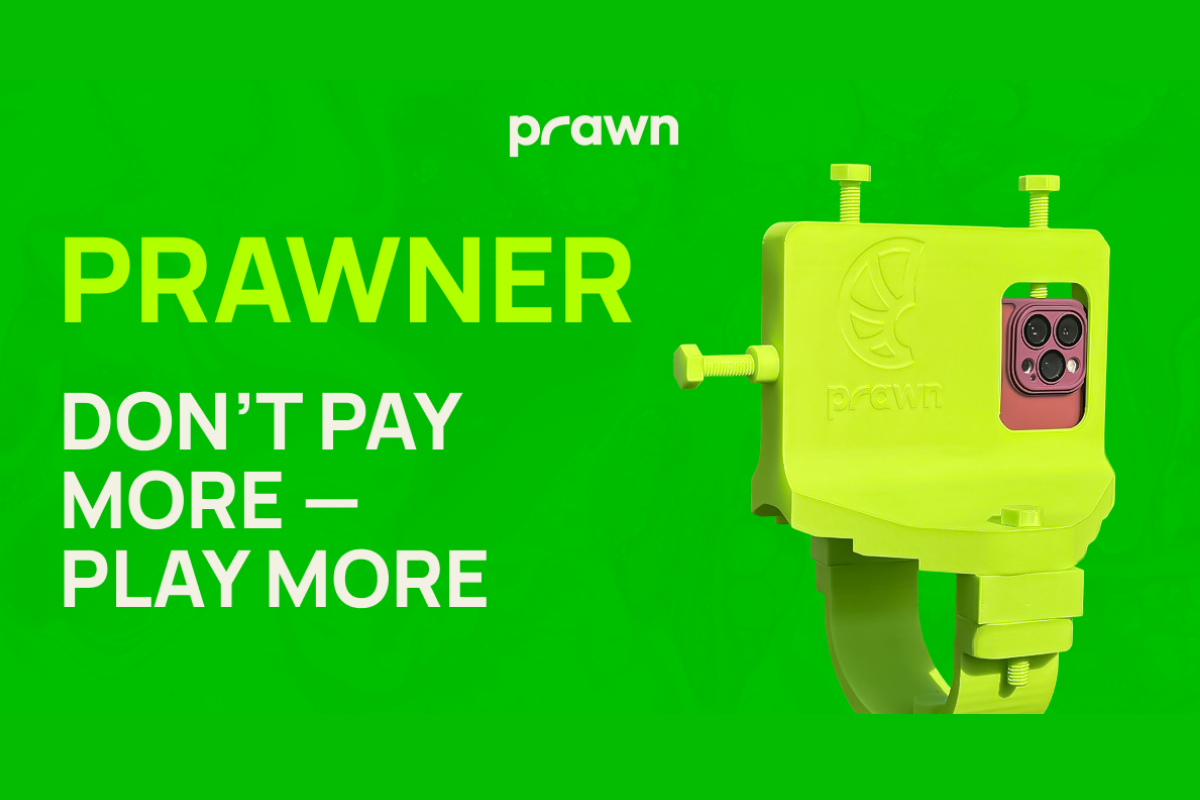
 Central Europe6 days ago
Central Europe6 days agoFootball Stats Startup Challenges Multi-Million Company With Free Publication Of Blueprints
-
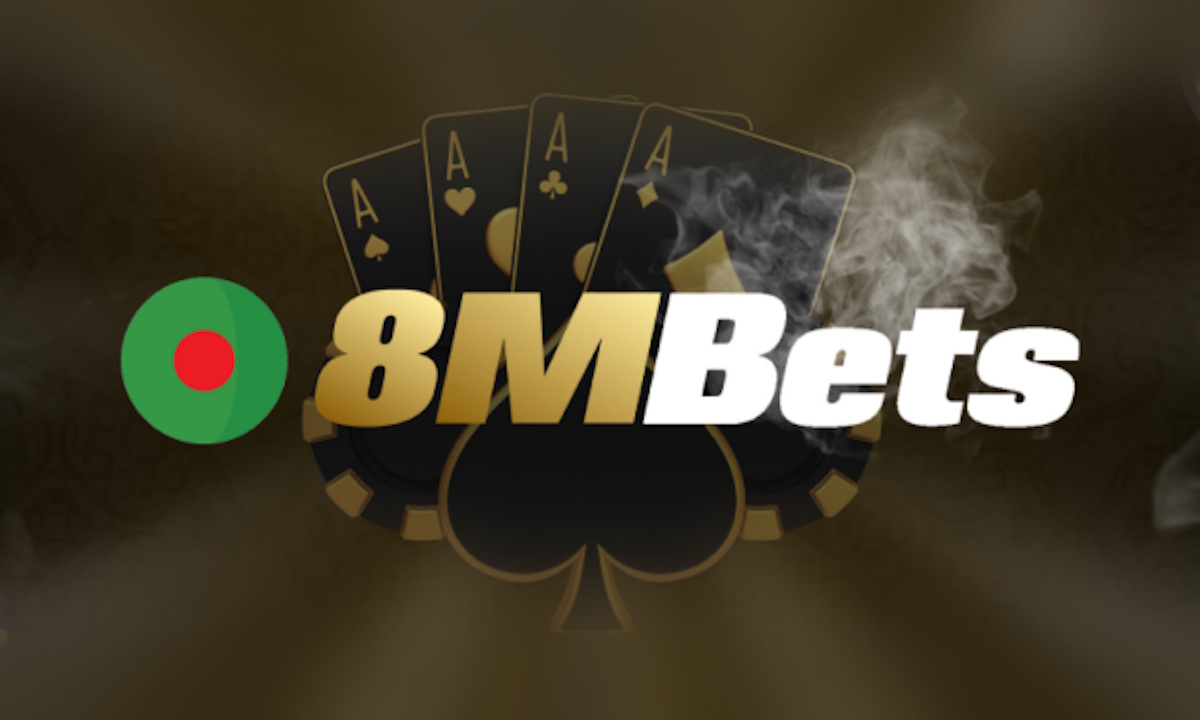
 Asia7 days ago
Asia7 days ago8MBets: Online Casino Bangladesh Announces a Mobile-First Upgrade Centered on its Casino App and an Expanded Game Lineup for Local Players
-

 Latest News6 days ago
Latest News6 days agoThe Current State of the German iGaming Market and Its Role in Europe
-

 Eastern Europe6 days ago
Eastern Europe6 days agoSYNOT Games Partners with WIN2










